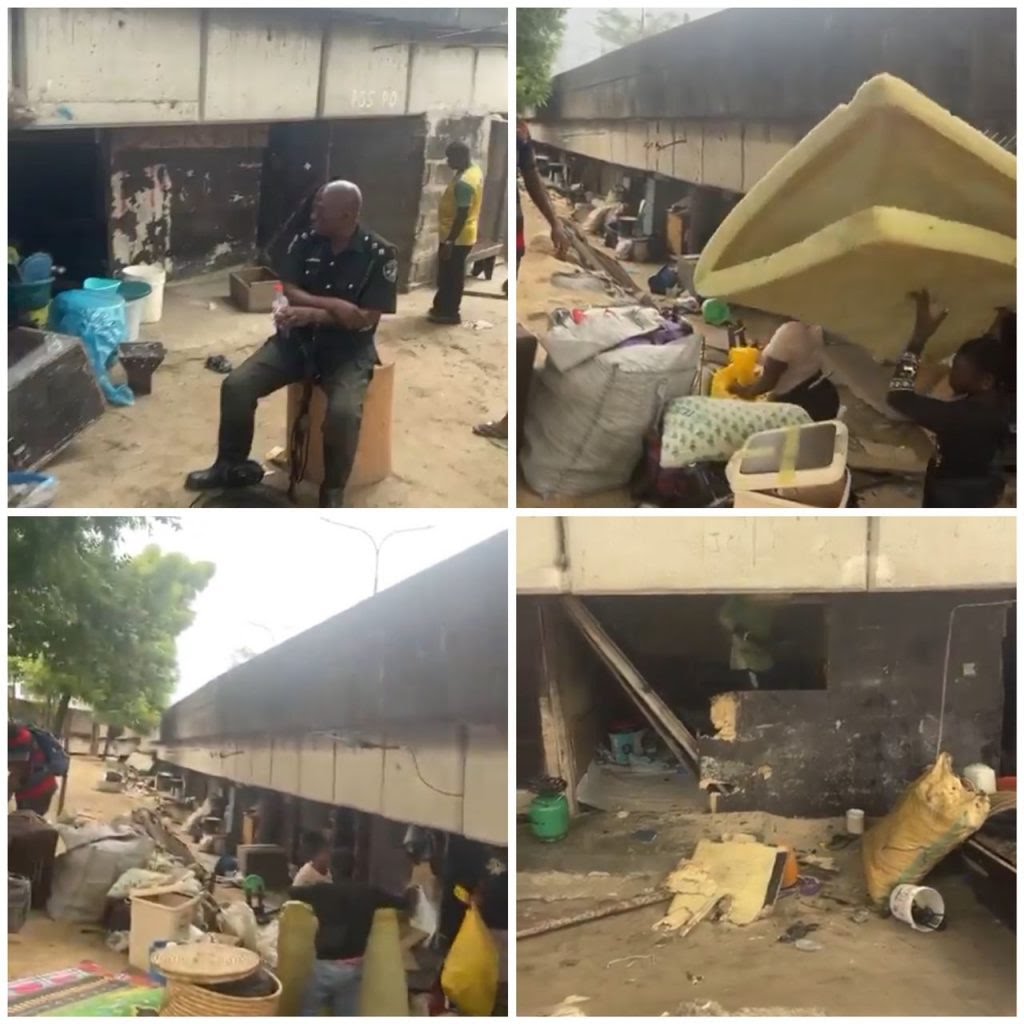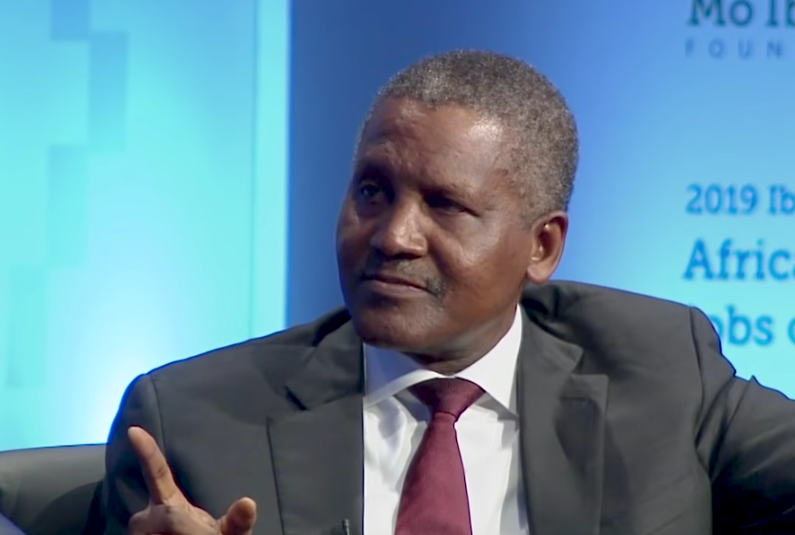Removal of Fuel Subsidy: Women’s Coping Strategies, By Kimberly Obehi




Homemakers (Wives and Mothers): We begin with this category, as it encompasses virtually every woman with a home to return to after work. On the home front, adjustments have primarily been made with regard to food items. Many have increased bulk purchases of non-perishable goods while reducing their acquisition of perishable items due to unreliable power supply, to minimize wastage. Additionally, there is a growing trend of women joining bulk-buying groups, leveraging discounted pricing and sharing supplies among themselves. Generators are running less frequently, with some households adopting affordable solar solutions for lighting. Stress management strategies have also included discussions with spouses and children, explaining the need to adapt to the current circumstances. Some mothers have enrolled their children in schools closer to home or in boarding facilities, and social gatherings have transitioned to online platforms. Lastly, husbands with a penchant for freshly cooked meals have embraced refrigerated options—a win-win compromise indeed!
Working Women (Skilled/Unskilled Workers, Government Employees, Remote Workers, and Small Business Owners): It’s heartening to note the kindness of Nigerians, even amidst economic challenges. While government staff have seen reductions in workdays, some small and medium-sized business owners have also voluntarily reduced staff workdays, showcasing empathy. Some business owners have even reorganized work schedules, alternating days with their employees and increasing salaries. Skilled workers who cannot work remotely have turned to carpooling, hitching rides with neighbours or using public transportation. One exceptional lady now incorporates daily trekking into her routine for exercise. It’s all about changing perspectives. Those with cars have adjusted by cutting down on social gatherings and optimizing their trips to accomplish more tasks in a single outing.
High Society Ladies: Interestingly, for this category, not much has changed. Why? Because they can still afford their lifestyles and intend to continue enjoying their hard-earned wealth. However, they do acknowledge that prices have skyrocketed, pondering how those with fewer resources are managing. One lady shared that she works hard for her money and, with only one life to live, she intends to indulge in the best that life has to offer.
In summary, the rise in fuel prices has affected everyone to varying degrees, regardless of their lifestyles and backgrounds. While some are facing more severe challenges, it’s a stark reality that the cost of living has more than tripled since the fuel subsidy removal. Our conversations have revealed the resilience of Nigerian women, as many are adapting to cope with these new realities. Some are forming support groups to combat anxiety and embracing novel lifestyles.
In conclusion, we offer a few practical recommendations: First, consider changing your perspective, as altering the way we view situations can aid in better coping and problem-solving. Strengthen your relationships with your spouse, children, and friends. Invest in food-sharing networks for bulk purchases, explore home gardening to reduce waste, and prioritize quality over quantity. Lastly, extend a helping hand to the less fortunate among us through mentorship programs and coordinated outreach efforts.
Until we meet again next week, continue to be unique, beautiful, and extraordinary.
Warm regards,
Obehioye Kimberly
The opinions expressed in this publication are those of the authors. They do not represent the opinions or views of Osun Defender


Obehi Kimberly is an ardent supporter in a nation’s growth through the development of its human resources. She strongly believes that a nation can achieve greatness and remarkable heights if it invests in the minds of its citizens. Obehi has gained valuable work experience in both the public & private sectors, including managing a group of educational institutions. Obehi holds an engineering degree in Electrical Electronics, a post graduate diploma in Telecommunication Regulation and Policy and a masters in Mobile Communications. Obehi has a passion for life long learning.










